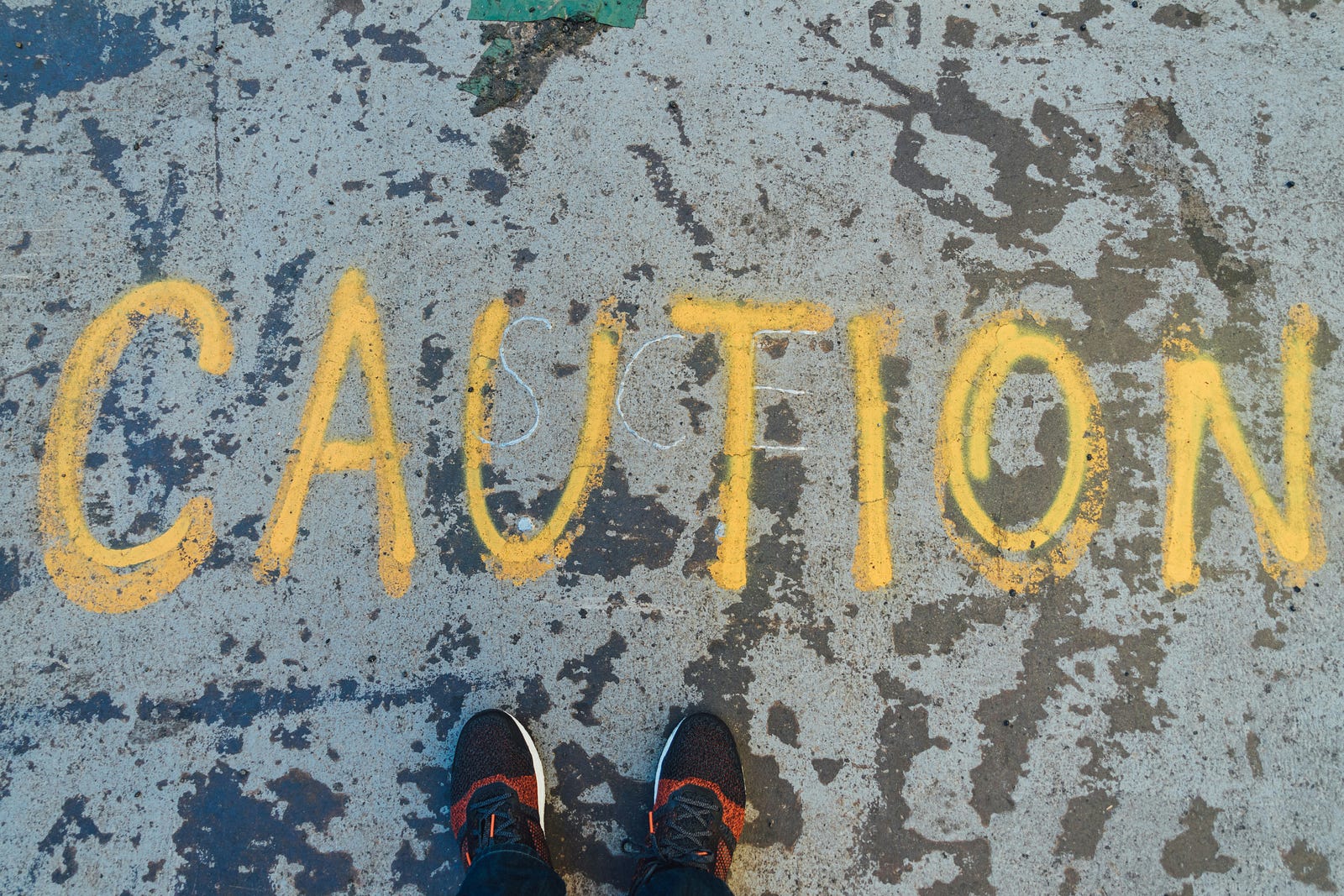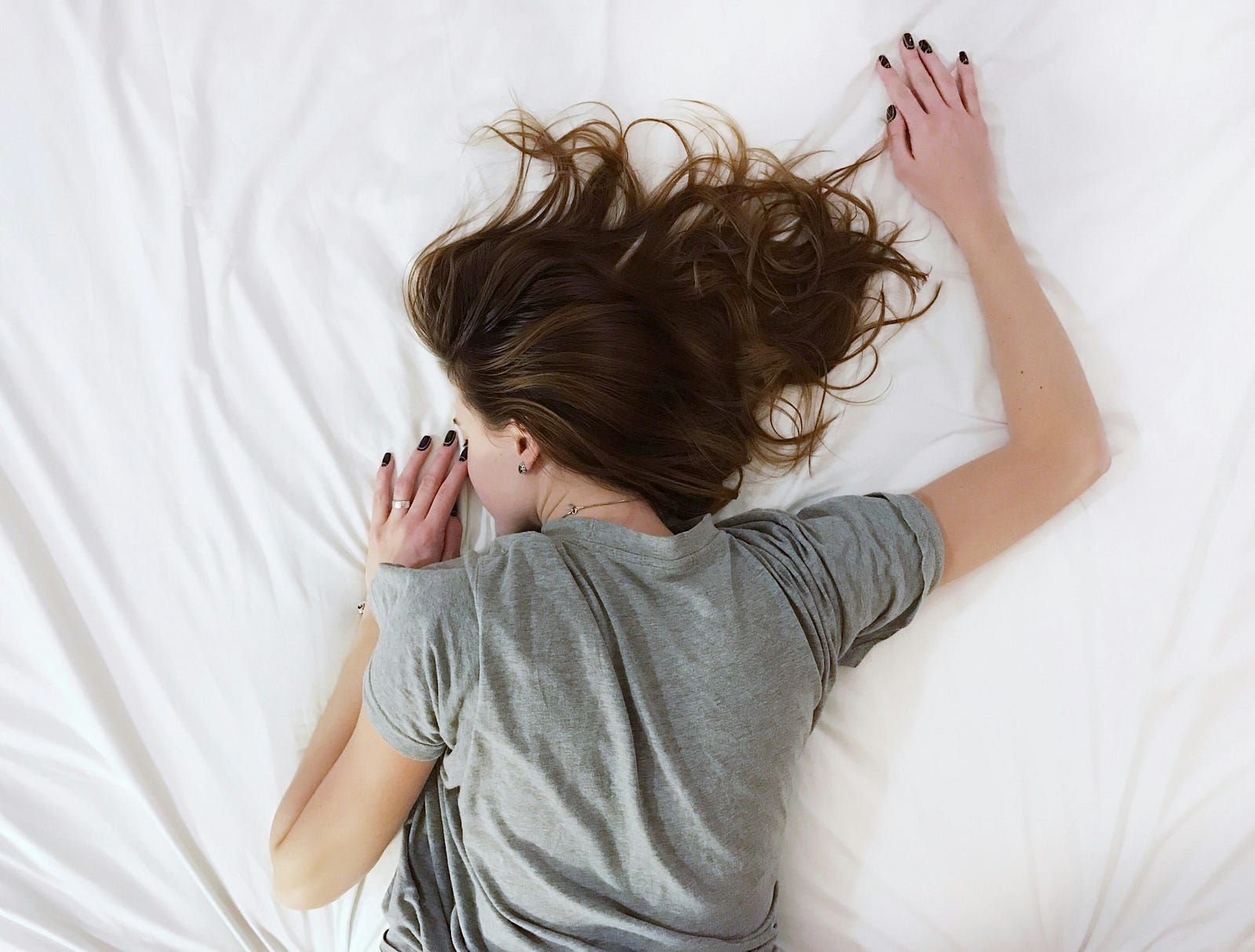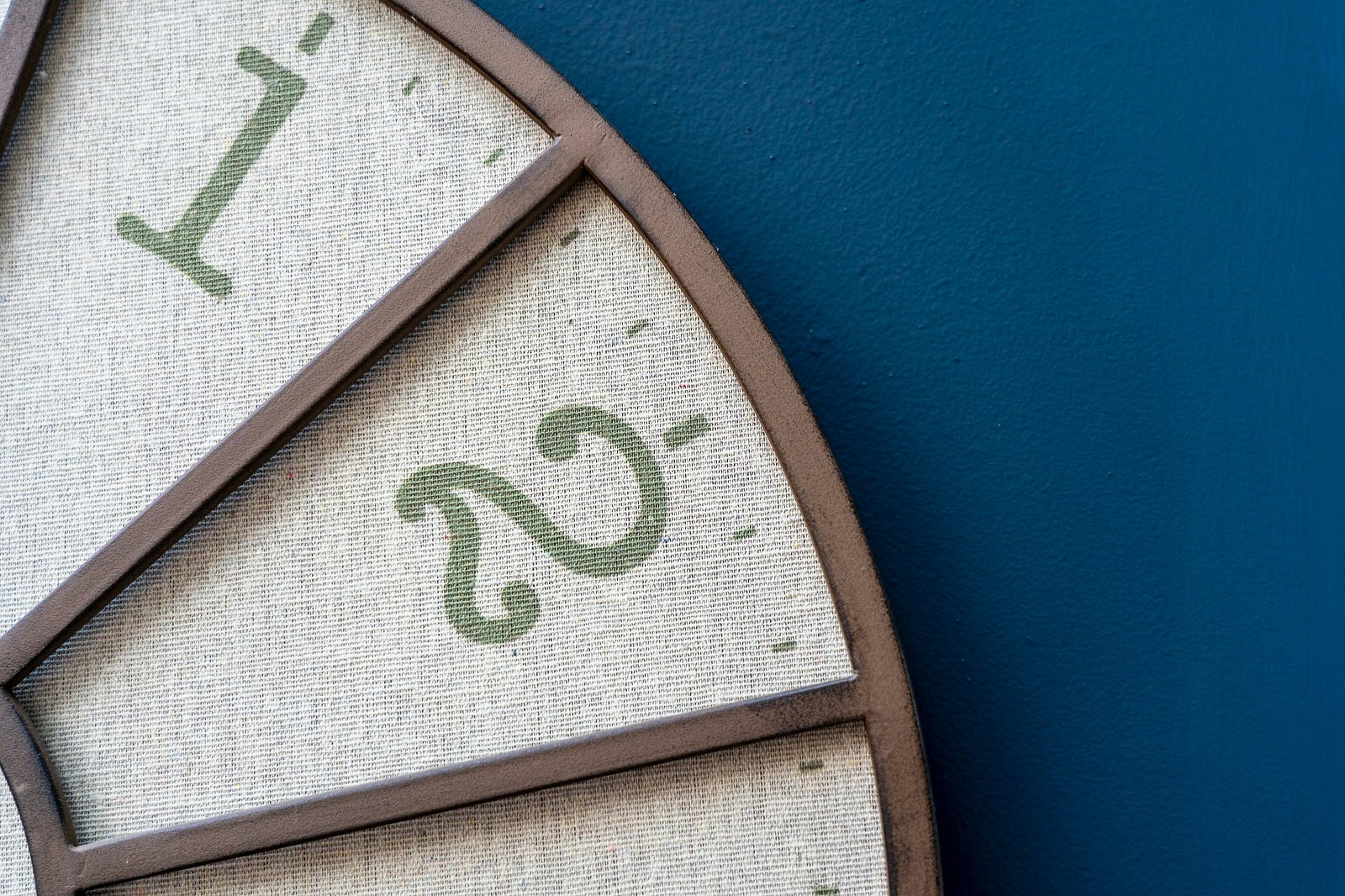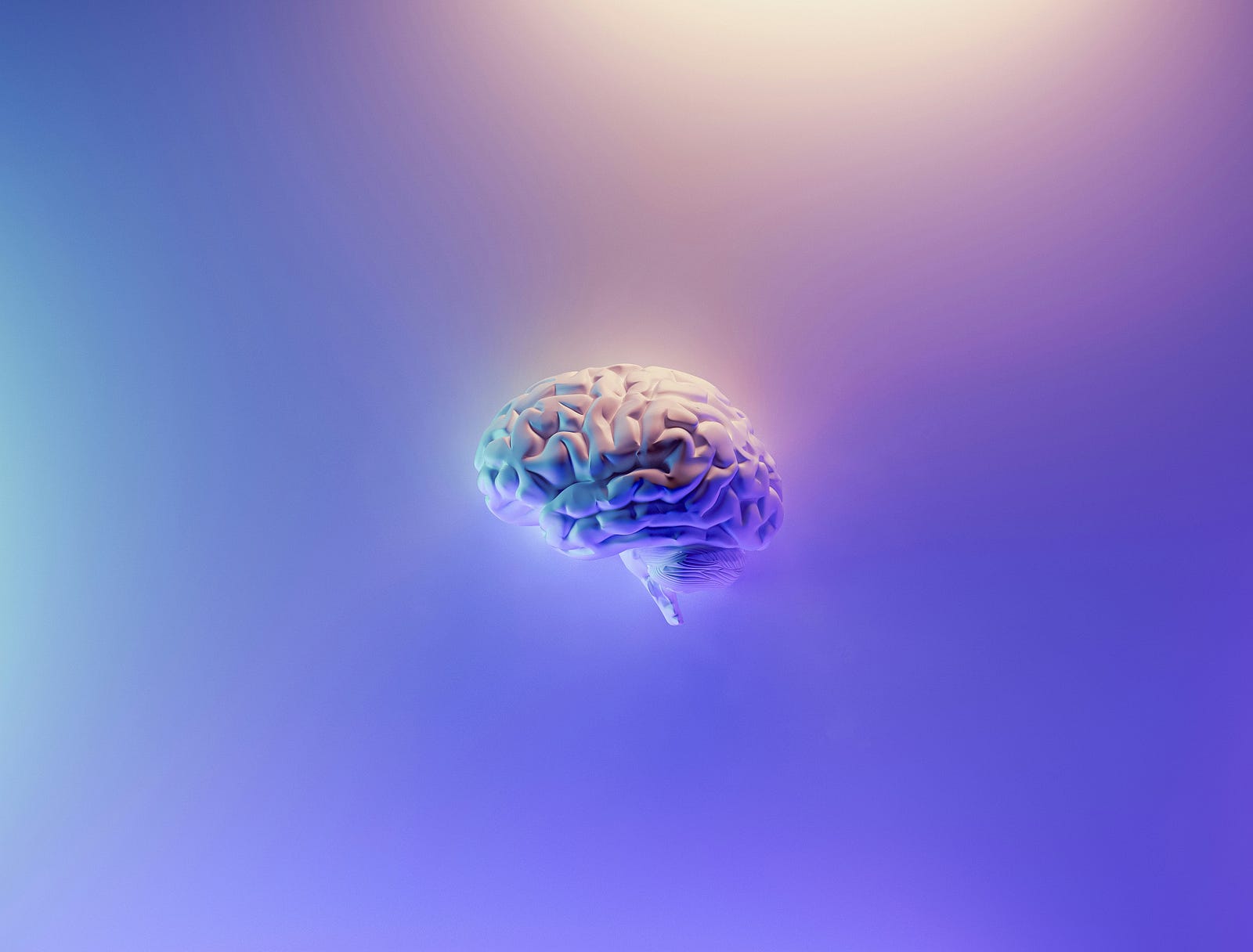Back sleeping and your brain: Could sleeping in the supine position increase your risk of neurodegenerative disorders such as Alzheimer’s dementia?
Maybe, but we need more research to determine a causal relationship.I prefer to sleep on my right side.
Sleeping on my left pulls my heart down and awakens me.
Belly? Forget about it. And back just isn’t my thing.
I recently discovered new research suggesting the cognitive perils of sleeping on your back.

First, a warning: Don’t put too much stock into the research findings. After all, association does not imply a causal relationship.
How Do You Sleep?
As usual, Shakespeare has something great to say:
“Innocent sleep. Sleep that soothes away all our worries. Sleep that puts each day to rest. Sleep that relieves the weary laborer and heals hurt minds. Sleep, the main course in life’s feast, and the most nourishing.”― Macbeth
As I mentioned, I prefer my right side.
What is your favorite position? Do you like the lateral recumbent (side) position? Or is prone (on your belly) your thing? Many like the supine (on their back) posture.
You may be surprised that various sleep positions are associated with potential health problems.
Do You Sleep On Your Back (Supine)?
Here are some of the potential adverse health effects of sleeping supine (on your back):
- high blood pressure
- obstructive sleep apnea
- gastroesophageal (GE) reflux (nighttime heartburn)
Back sleeping causes me to have low back pain.
My patients with sleep apnea often don’t like sleeping in the supine position, as it worsens their condition.

What About Belly Sleepers?
What about belly sleepers?
Sleeping prone can cause trouble sleeping.
The prone position can be associated with restlessness, with more tossing and turning.
Moreover, belly sleeping can cause neck and lower back strain.
If you like the prone position, consider using no pillow (or a very soft one) to keep your neck comfortable.

Back Sleeping and Your Brain
Let’s turn to a new study recently presented at the Alzheimer’s Association International Conference 2024.
Researchers recruited subjects with a range of cognitive impairments, including:
- Parkinson’s spectrum disorder
- Alzheimer’s dementia
- Mild cognitive impairment
- Progressive supranuclear palsy
Study Tools – Back Sleeping and Your Brain
Participants used the Sleep Profiler developed by Advanced Brain Monitoring, a California-based neurodiagnostic device company.
The tool, placed on subjects’ foreheads, calculated how many hours per night they slept in the supine (on-the-back) position.
The Sleep Profiler also measured nine sleep biomarkers that can estimate the chances of specific neurodegenerative disorders.
I had previously heard about Night Shift, but only as a device to keep users off of their back to treat sleep apnea. It vibrates when it detects back sleeping and stops when the user shifts position.

Study Results – Back Sleeping and Your Brain
Here are the results:
Participants with the four neurodegenerative conditions tested slept more than two hours in the supine position compared to the control group.
Why a Supine Sleep and Neurodegeneration Link?
Why would there be a link between sleeping in the supine position and brain problems?
When we sleep, our glymphatic system drains toxins (generated during the daytime) from our brain.
The researchers note that we begin accumulating neurotoxins in our brains around midlife and 15 to 20 years before recognizing early symptoms of neurodegeneration.

When we sleep on our backs, our brain’s neurotoxin flushing may be less efficient (than sleeping on our sides).
Moreover, sleep apnea tends to be more severe when back sleeping; sleep interruptions contribute to neurotoxin build-up.
My Take – Back Sleeping and Your Brain
First, researchers still need to publish the study in a peer-reviewed journal.
Second, association does not mean causality.
Do neurodegenerative disorders cause supine sleeping? Or is it the reverse?
The study is interesting, but panic is unnecessary if you are a supine sleeper.
The evidence isn’t strong enough to say back sleepers put their brains in harm’s way.
However, please contact a knowledgeable healthcare professional if you have sleep issues.
There is an association between insufficient sleep and numerous health issues, including heart disease, stroke, diabetes, high blood pressure, kidney disease, obesity, and depression.
Thank you for reading “Back Sleeping and Your Brain.”




